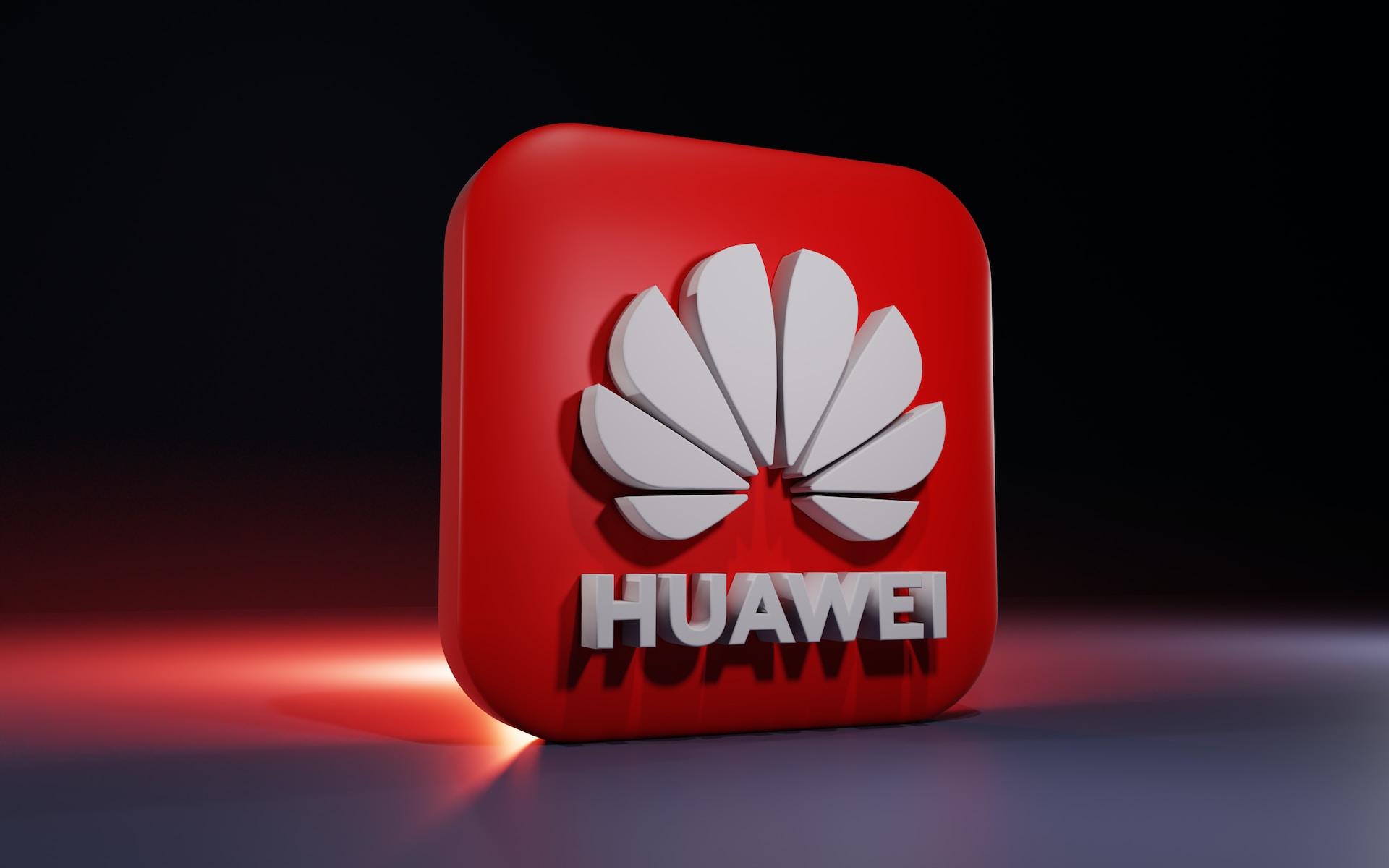Chinese tech giant Huawei has made a bold move by announcing its decision to build its own in-house business software, a move that could potentially challenge US-based software provider Oracle’s dominance in the market.
Huawei has long been a customer of Oracle, using the company’s software to power its cloud infrastructure and other key operations. However, the ongoing trade war between the US and China, as well as the US government’s decision to put Huawei on a blacklist citing national security concerns, have made the company rethink its reliance on US-based tech providers.
By building its own business software, Huawei may be seeking to reduce its dependence on Oracle and other US-based tech companies, and to insulate itself from the impact of future US trade restrictions. The move could also help Huawei maintain its position as a global technology leader, despite the challenges it has faced in recent years.
Developing in-house software is not an easy feat, and Huawei will need to invest significant resources and expertise to build high-quality software that can compete with established providers like Oracle. The company has already announced plans to invest $1.5 billion in its software development efforts over the next five years, and has hired a number of top software engineers and executives to lead the initiative.
However, building high-quality software is not without its challenges, and Huawei will need to ensure that its software is secure, reliable, and easy to use if it hopes to compete with established providers like Oracle. The company will also need to convince potential customers that its software is a viable alternative to established providers, and that it can deliver the same level of quality and functionality.
Huawei’s move into the software space is not without risks, and it could lead to concerns about data privacy and security. If more companies begin developing their own software, this could lead to a more fragmented and less secure tech industry, with each company responsible for its own security measures.
However, Huawei’s move could also signal a shift in the balance of power between the US and China, as Chinese tech companies become more self-sufficient and less reliant on US-based tech providers. This could have broader implications for the technology industry as a whole, as it becomes more diverse and decentralized.
It remains to be seen whether Huawei’s move into the software space will be successful, but it is certainly a bold move that could have significant implications for the global tech industry. If Huawei is able to develop high-quality software that can compete with established providers, it could potentially challenge Oracle’s dominance in the market, and pave the way for other companies to follow suit.
In conclusion, Huawei’s decision to build its own in-house business software is a bold move that could potentially challenge Oracle’s dominance in the market, and signal a shift in the balance of power between the US and China. However, building high-quality software is not without its challenges, and Huawei will need to invest significant resources and expertise to compete with established providers. The move could also raise concerns about data privacy and security, and could lead to a more fragmented and less secure tech industry if other companies follow Huawei’s lead.




